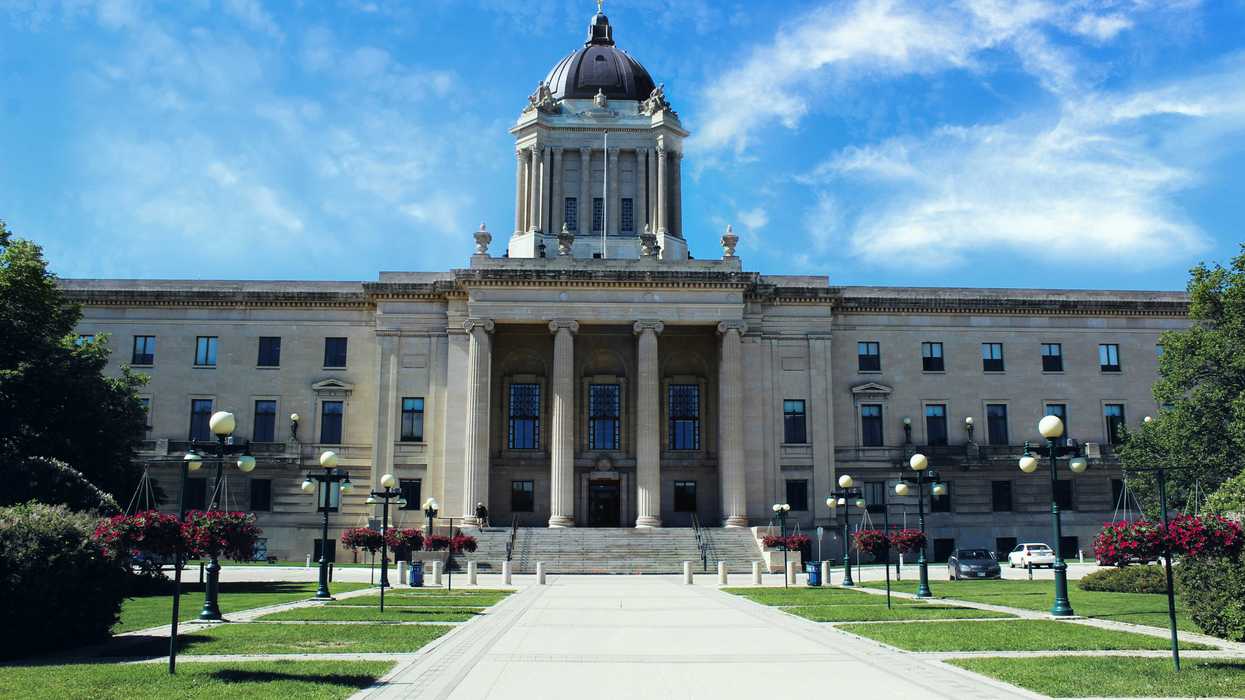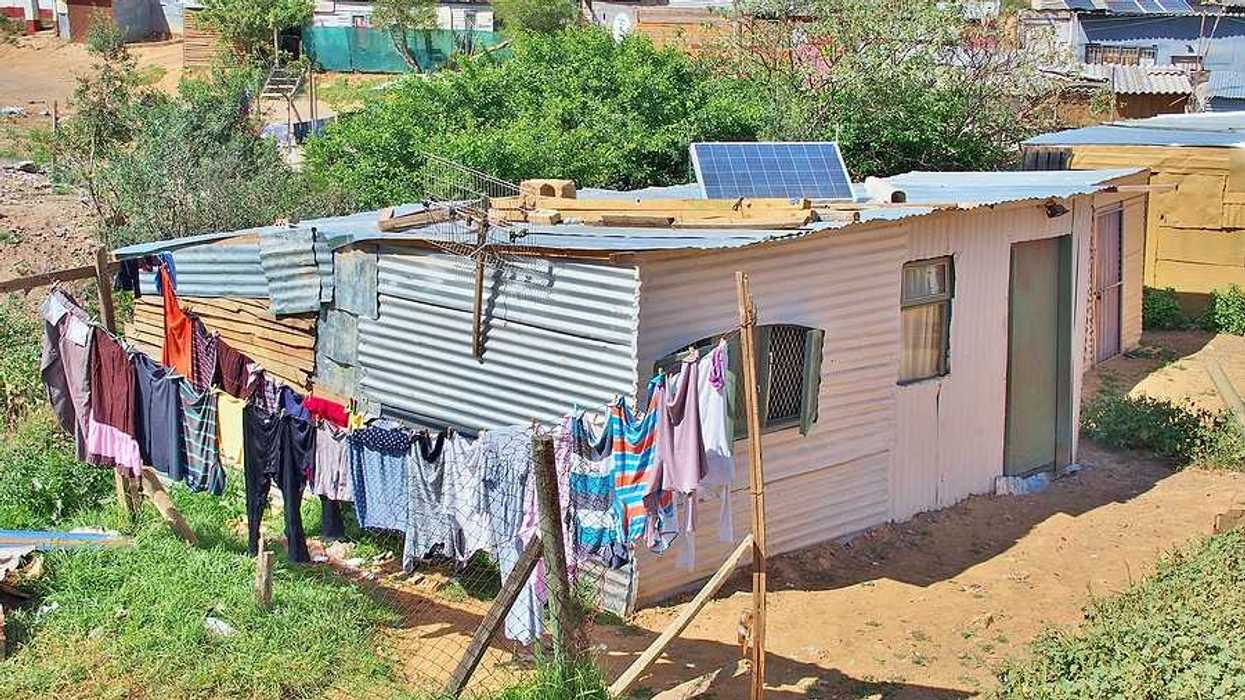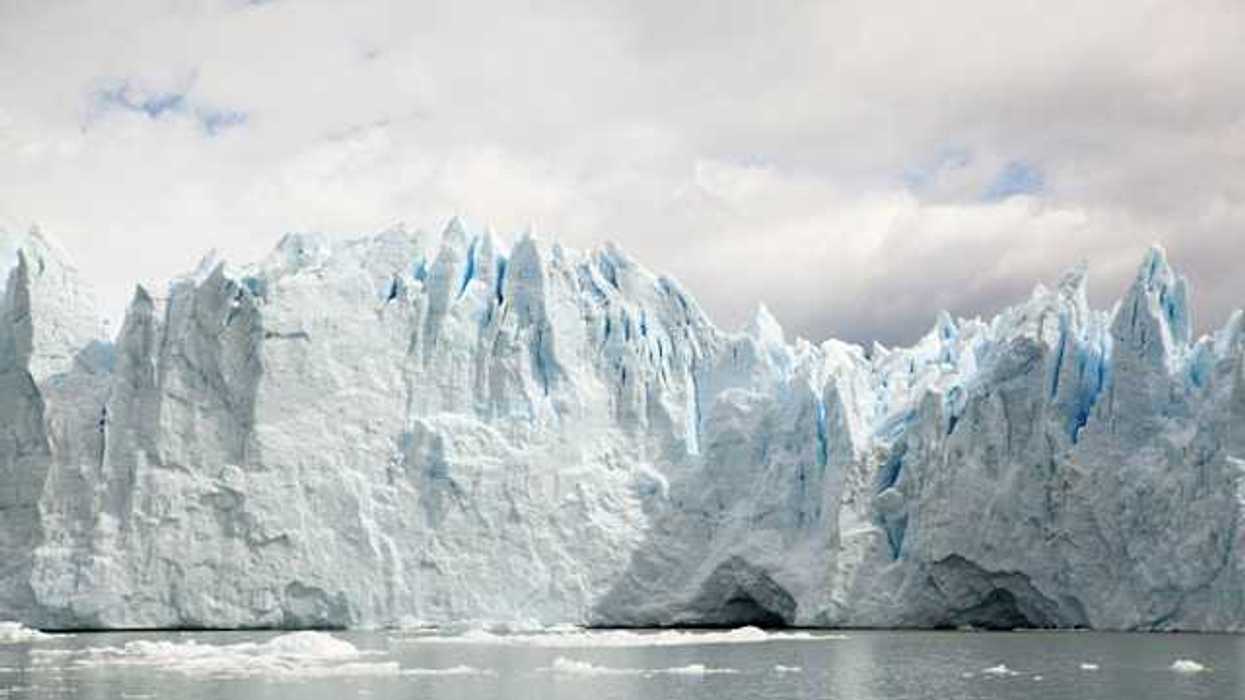The Supreme Court declined to hear Juliana v. United States, ending a 10-year legal effort by young activists who argued the federal government violated their constitutional rights by promoting fossil fuel use.
Claire Rush reports for The Associated Press.
In short:
- Filed in 2015 by 21 plaintiffs ages 8 to 19, the case sought to hold the U.S. government accountable for its role in driving climate change.
- Courts repeatedly blocked the case from going to trial, with final dismissal ordered by the 9th Circuit and upheld by the Supreme Court’s refusal to review.
- Plaintiffs and their legal team at Our Children’s Trust plan new federal litigation based on similar constitutional claims.
Key quote:
“For almost ten years, we’ve stood up for the rights of present and future generations, demanding a world where we cannot only survive, but thrive.”
— Miko Vergun, plaintiff in Juliana v. United States
Why this matters:
The Juliana v. United States lawsuit was a bold attempt by 21 young Americans to force the federal government to reckon with its role in perpetuating climate change. Filed in 2015, the case argued that government policies favoring fossil fuels violated the plaintiffs’ constitutional rights to life, liberty, and property. Though it was repeatedly blocked from going to trial, Juliana made an indelible mark on climate discourse, challenging the legal system to treat a livable climate as a fundamental right.
The case helped inspire a new wave of climate litigation driven by young people, particularly in states with stronger environmental protections enshrined in law. In Montana and Hawaii, youth-led lawsuits have already yielded victories, with courts affirming that state governments must consider the long-term consequences of their energy policies. As global temperatures continue to rise and emissions targets remain elusive, these legal efforts have become a symbol of generational demand for accountability and a stark reminder of how existing political systems have struggled to respond to the urgency of the climate crisis.
Related:














